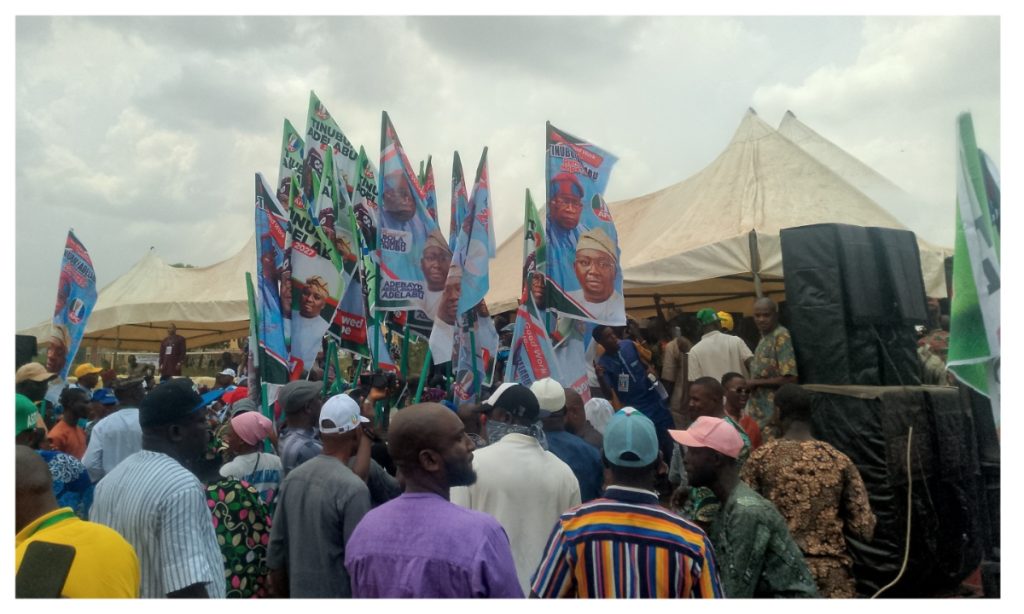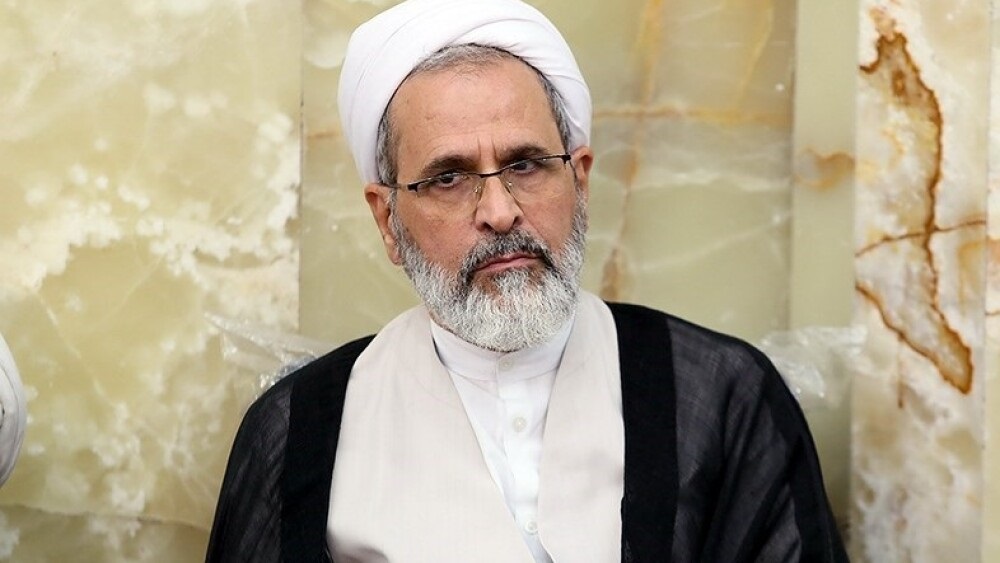Nigeria Embarks on Long-Awaited Review of Revenue-Sharing Formula
In a move aimed at addressing the country’s changing economic landscape, the Revenue Mobilisation Allocation and Fiscal Commission (RMAFC) has commenced a comprehensive review of Nigeria’s revenue allocation formula. The review, announced by RMAFC Chairman Mohammed Shehu at a news conference in Abuja, seeks to produce a fair, just, and equitable revenue-sharing formula that reflects the current responsibilities, needs, and capacities of the three tiers of government.
The current revenue allocation formula, which has remained unchanged since 1992, allocates 52.6% of the country’s revenue to the federal government, 26.7% to state governments, and 20.6% to local governments. An additional 1% is allocated to the Federal Capital Territory, ecological fund, natural resources, and the stabilisation fund under the vertical revenue allocation.
Shehu noted that the review is necessary due to the profound transformations Nigeria has undergone demographically, economically, and constitutionally since the last review. He cited recent constitutional amendments by the Ninth National Assembly, which have devolved certain responsibilities from the Exclusive List to the Concurrent Legislative List, placing financial and administrative burdens on sub-national governments.
The review will involve broad-based consultations with critical stakeholders, including the presidency, national assembly, state governors, civil society organisations, traditional rulers, the organised private sector, and development partners. The commission has committed to integrating cutting-edge research, empirical data, and international best practices in its analysis, ensuring that the review is inclusive, data-driven, and transparent.
The RMAFC’s review is aimed at reevaluating the structure of fiscal federalism to foster economic growth in individual states, enabling them to become independent from the central government and ensuring equity, responsiveness, and sustainability. With Nigeria’s economic landscape continuing to evolve, this review is a crucial step towards ensuring that the country’s revenue allocation formula is adapted to meet the changing needs of its people.
By embarking on this comprehensive review, the RMAFC is fulfilling its constitutional responsibility to review the revenue allocation formula from time to time and ensure conformity with changing realities. The outcome of this review is expected to have a significant impact on the country’s fiscal landscape, making it an important development to watch in the coming months.



